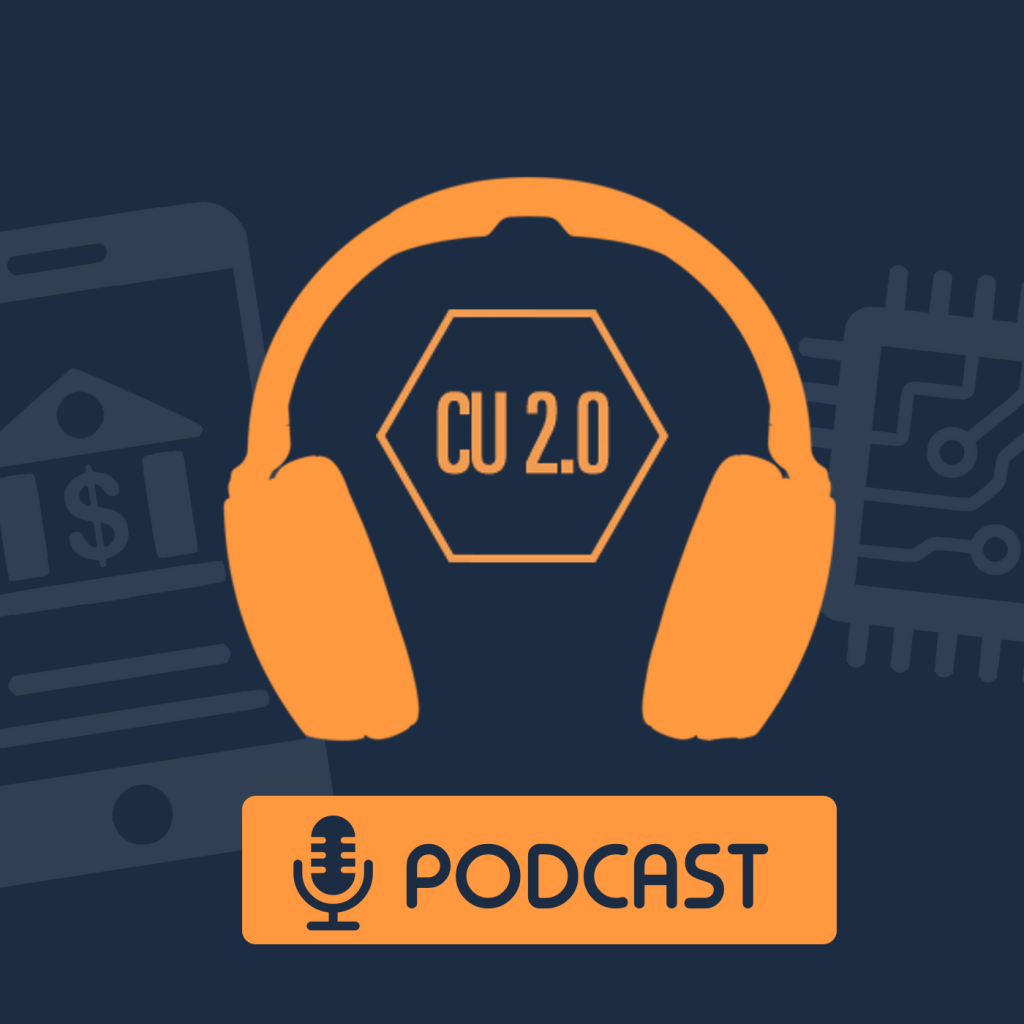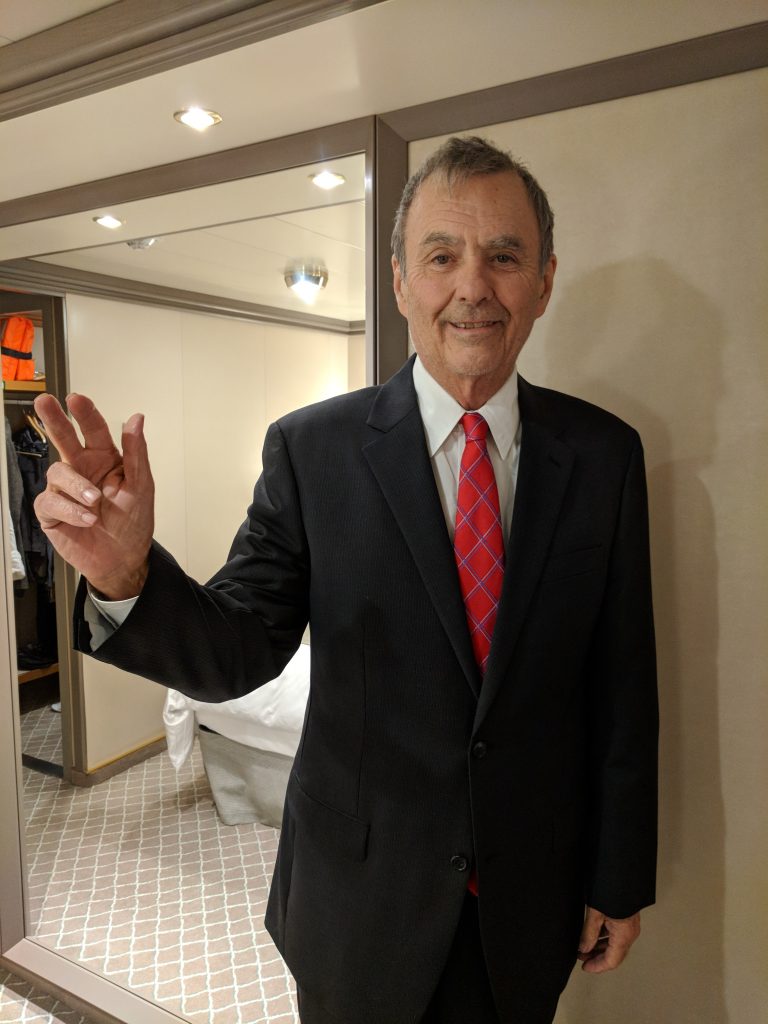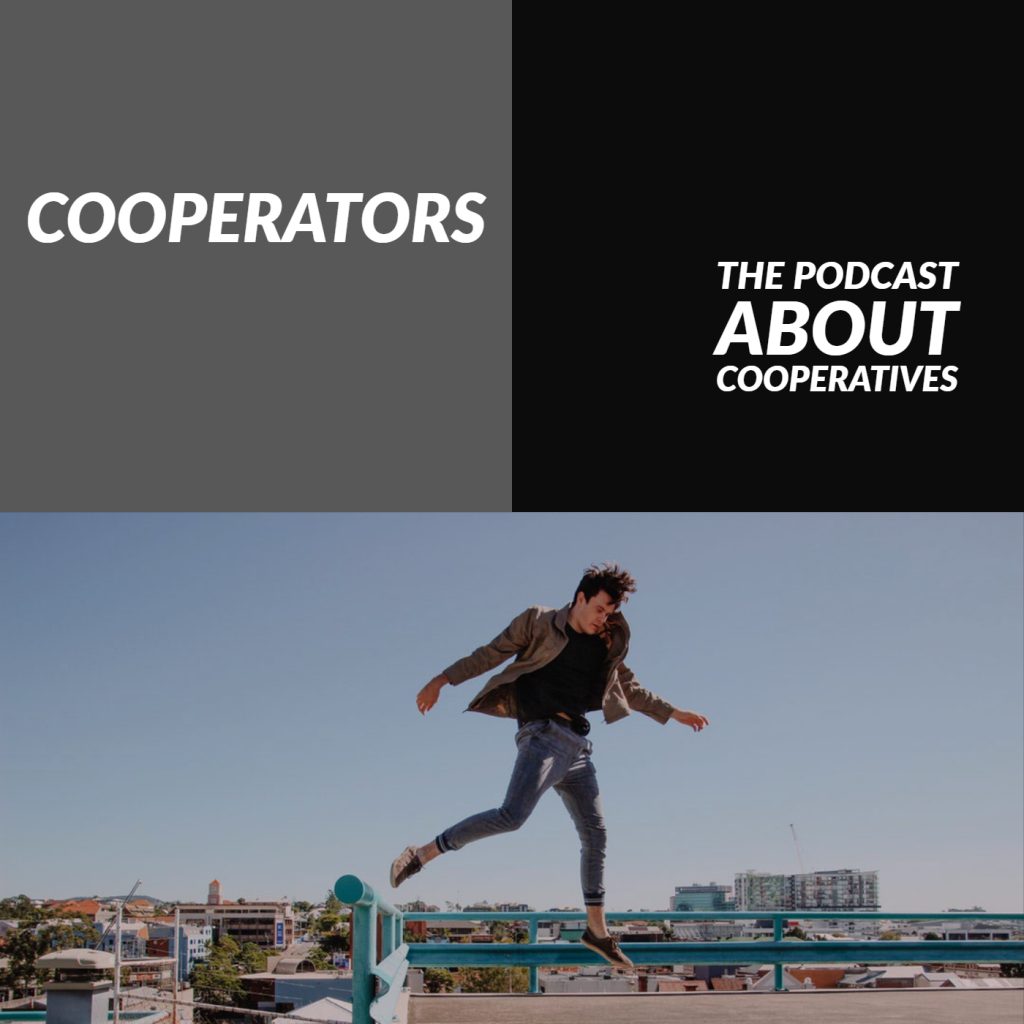The Cooperators Podcast Episode 20 Jake Schlachter We Own It
Podcast: Play in new window | Download (Duration: 1:01:16 — 84.2MB)
Subscribe: Apple Podcasts | RSS
By Robert McGarvey
Corruption. Greed. Ignorance. Racism. Sexism. Words you don’t usually hear spoken about cooperatives. But brace yourself because in the next hour you will as The Cooperators Podcast talks with Jake Schlachter, founder and executive director of We Own It, a Madison Wisconsin based organization aimed at energizing the 130 million of us who belong to cooperatives in the US to seize control, to put our cooperatives in the directions we want them to go.
We have that power.
We just have to know it. And use it.
We are member owners. We Own It wants to remind us about that. And offer us tips on how best to use our powers.
The primary focus of We Own It right now are electric cooperatives and, yes, they have a glorious history. They brought light to the darkness of rural America. It sounds like a Biblical moment.
But now, at many rural electric co-ops, it’s more akin to the expulsion from the Garden of Eden.
Board members paid six figures for what many believe are volunteers jobs.
Boards with no African Americans serving populations with many African American members.
Boards with no women.
Boards that could spell solar if you spot them the consonants. And many of those boards also just don’t get that adding broadband Internet to their services just may save them for generations to come.
Some electric co-ops are grand indeed. Some aren’t. We Own It aims to energize members to transform the latter.
We Own It also has its eyes on credit unions which talk a good game of member ownership – but many credit unions fail miserably when it comes to empowering their member owners. Have you ever voted in a credit union election? Ever?
The podcast also detours into food co-ops – and what they can teach electric co-ops and what they can learn from other co-ops.
BTW, Jim Blaine sits on the board of We Own It. He gets his own podcast here. Other, related podcasts include Stuart Reid (food co-ops) and C. E. Pugh (also food co-ops). And Chris Mitchell discussed rural broadband and electric co-ops here.
To read my interview with scholar Robert Putnam on “Bowling Alone,” read my interview here.
This is fundamentally a very optimistic podcast. But at times it may seem we stepped into Apocalypse Now and all we can do is mumble the horror, the horror.
Buckle up.

Like what you are hearing? The Cooperators Podcast seeks sponsors and supporters to help us spread the word about cooperatives and how they often are the better way. Contact Robert McGarvey to find out what you can do to sustain this podcast.



